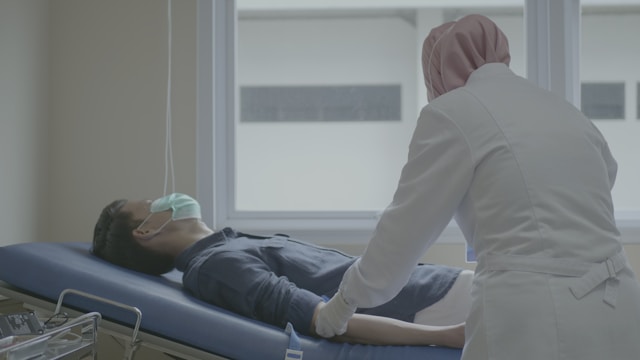Addiction can be a powerful force that takes over every aspect of a person’s life, affecting relationships, careers, and overall well-being. However, overcoming addiction is possible with the right mindset, support systems, and resources. In this article, we will delve into various strategies to help individuals break free from addiction and embark on a journey towards personal growth and fulfillment.
### Mental Health & Addiction Treatment
The link between mental health and addiction is undeniable. Many individuals struggling with addiction also face mental health issues such as depression, anxiety, or trauma. It is crucial to address both aspects simultaneously for effective recovery. Seeking professional treatment that encompasses both addiction and mental health conditions is essential. Programs like the New Hope Healthcare Institute in Knoxville emphasize the significance of dual diagnosis treatment, providing a holistic approach to healing the body and mind.
### Build A Strong Support Network
One of the most potent tools in overcoming addiction is having a robust support system. Isolation can exacerbate feelings of loneliness and despair, making it harder to break free from addiction. Surrounding oneself with supportive individuals, whether family, friends, or professionals, can significantly aid in the recovery process. Joining recovery groups or support programs can also offer a sense of community and understanding during challenging times.
### Set Realistic Goals And Celebrate Progress
Recovery from addiction is a gradual process that requires setting achievable goals along the way. Celebrating small milestones, such as attending therapy sessions or staying sober for a day, can provide motivation and reinforcement. Recognizing and acknowledging progress, not matter how small, is crucial in maintaining momentum and belief in the possibility of recovery.
### Replace Negative Habits With Healthy Alternatives
Breaking free from addiction involves more than just abstaining from harmful substances; it also entails creating new, healthy habits. Engaging in activities that bring joy, relaxation, and fulfillment, such as exercise, meditation, or spending time in nature, can help individuals establish a balanced and fulfilling life aligned with their recovery goals.
### Practice Mindfulness And Self-Compassion
Mindfulness, the practice of staying present and engaged in the moment, can be a valuable tool in managing cravings and emotional triggers during recovery. Additionally, practicing self-compassion is essential in treating oneself with kindness and understanding throughout the ups and downs of the recovery process.
### Seek Professional Help When Necessary
While self-help strategies can be effective, professional intervention may be necessary at times to overcome addiction. Addiction counselors, psychologists, and medical professionals can offer expertise in managing withdrawal symptoms, identifying triggers, and creating personalized treatment plans. Seeking help when needed is a sign of strength and a vital step towards regaining control of one’s life.
### Cultivate A Positive Environment
Creating a supportive and nurturing environment free from negative influences and triggers is crucial for successful recovery. Surrounding oneself with positivity, whether through uplifting music, motivating quotes, or comforting routines, can help maintain focus on recovery goals and foster a sense of safety and peace.
In conclusion, overcoming addiction is a challenging but rewarding journey towards personal growth and transformation. By addressing mental health, building a strong support system, setting achievable goals, and cultivating a positive environment, individuals can take back control of their lives. Recovery is a personal process, and each step taken towards sobriety is a significant achievement. Embrace the journey, be kind to yourself, and trust that with the right tools and resources, a life free from addiction is within reach.


